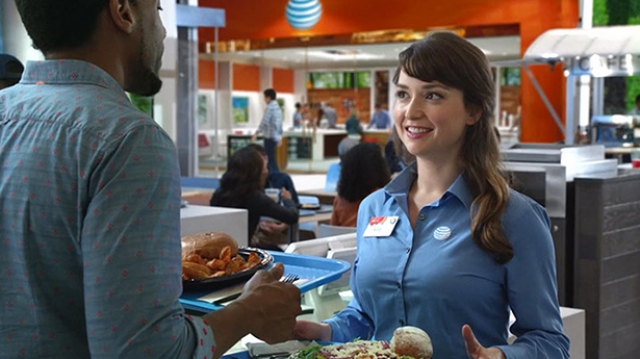
AT&T announced the much awaited deal in October 2016. The aim of AT&T was to take on Verizon in the media and entertainment space. AT&T also wanted to reduce pressure on the traditional voice and data business.
Time Warner is the owner of CNN and HBO. US President Donald Trump is said to be unhappy with the coverage of CNN during the last presidential election.
Addressing the press on Monday, AT&T CEO Randall Stephenson addressed the speculation that the Trump administration’s opposition to the deal stems from President Trump’s feelings about what he believes is CNN’s unfair coverage of him.
Stephenson said that AT&T and Time Warner will try to negotiate with the Justice Department and to offer concessions that could allow the deal to close. “Any agreement that results in us forfeiting control of CNN… is a non-starter,” Stephenson said.
The Justice Department said the merger would lessen competition and lead to higher consumer prices. The Department of Justice claimed that the merger deal would harm American consumers, saying “the merger would give AT&T the power to force rival pay TV companies to pay hundreds of millions of dollars more for Time Warner content.”
It also said the combination would also hurt the emergence of new online television options and denied that political influence played a role.
Assistant attorney general Makan Delrahim of the Department of Justice’s antitrust division, said: “It would mean higher monthly television bills and fewer of the new, emerging innovative options that consumers are beginning to enjoy.”
AT&T’s general counsel David McAtee, said: “Vertical mergers like this one are routinely approved because they benefit consumers without removing any competitor from the market. We see no legitimate reason for our merger to be treated differently.”
AT&T is confident that the court will reject the government’s claims and permit this merger under longstanding legal precedent.
